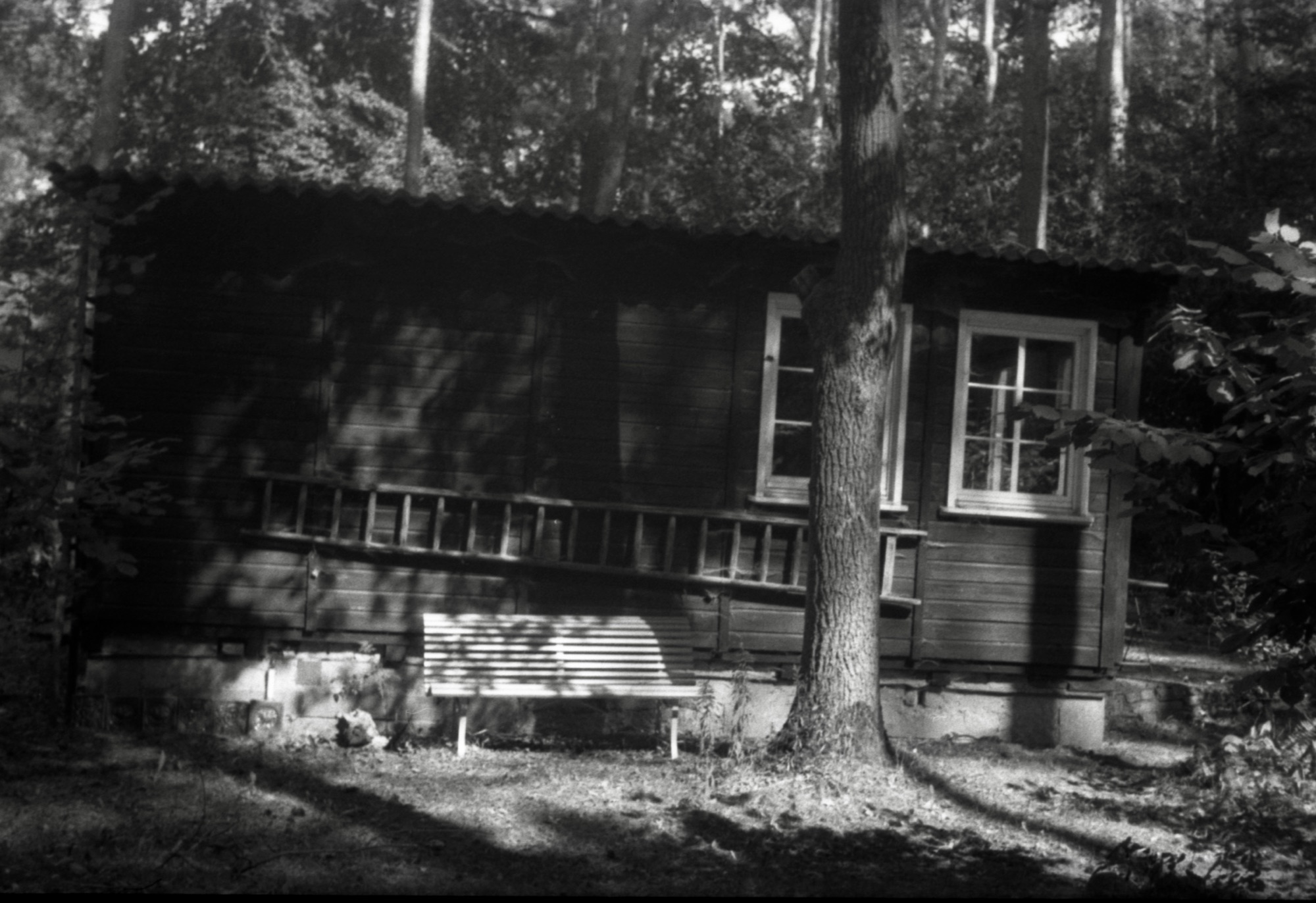Recently some colleagues of mine started hacking some OpenGL stuff, which somehow motivated me to also dive into that again. Knowing that I won’t be able to keep me motivated writing a whole game, I thought I’ll tinker a bit with terrain generation – a fairly easy way to do something exciting.
Now, my colleagues use C++, a language I don’t exactly like very much. I could have just used C, but in my usual way of spending too much time solving self-inflicted problems, I thought “why not common lisp?”.

Well, I’ll tell you why not.
I spent the last two days getting a common lisp implementation to run some toy OpenGL example. Not the whole two days, mind you – but still much too much time.
Instead of make, lisp apparently uses something called asdf (pro: very easy to type). Somehow, I missinterpreted what asdf does – I though it was some kind of package system, but it’s “only” a dependency-resolving build tool. So, in my ignorance, I downloaded the lisp OpenGL binding packages in the hope they’d include documentation describing how to get them installed so that asdf finds them. Well, that didn’t work out too well – the cl-opengl package comes with exactly zero install documentation. Great – off to asdf‘s manual.
That manual describes quite well where to place the package, and how to load it. The only problem is that cl-opengl in turn has quite some dependencies. And downloading them all manually can’t be the right way to do things. Besides, my asdf installation was a bit too old – and the new version changed the api for loading packages, of all things. Great, volume two.
Now, one can install/load the newer version using the old version – but I couldn’t figure out how to tell my lisp implementation (I use sbcl, by the way) to always use the newer one. Besides, I grew really tired of the whole process. This began to look like system administration
- fiddling with configuration files, adding paths in startup files… I hate that kind of thing, with a passion.
The next day, after some googling, I found a thing called quicklisp which is a package system. Like, a real one! Success!
Quicklisp was like a breath of fresh air – friendly, telling you exactly what you need to do – and everything just worked. I got the OpenGL, Glut and Glu bindings installed, loaded the aforementioned example program – and there were colorful rotating pyramids! And music filled the air, and there were people dancing on the streets.
One remaining problem is that I don’t know how one would distribute a common lisp program in source form. Can I just assume everybody uses quicklisp? That doesn’t seem right.
On a side note: I’m really underwhelmed by the state of lisp programming tools – it’s 2012 and some Emacs mode is the absolute height of lisp programming? A REPL on steroids, with “online documentation”. Wow. That’s the superiority of lisp, something nearly as useful as Eclipse? They must be kidding. I really hope there’s something better out there I just haven’t found yet.
Also, the program startup takes ages (3 seconds or so, where it should take a fraction of a second), but that’s probably my fault. Everything should get compiled to machine code, but it seems like the external packages are loaded from source every time. Is there something like static linking in the lisp world? Who knows.
Well, I don’t. Everything seems so alien to me. There’s a whole lot of manuals waiting to be read, I guess.







Leave a Reply